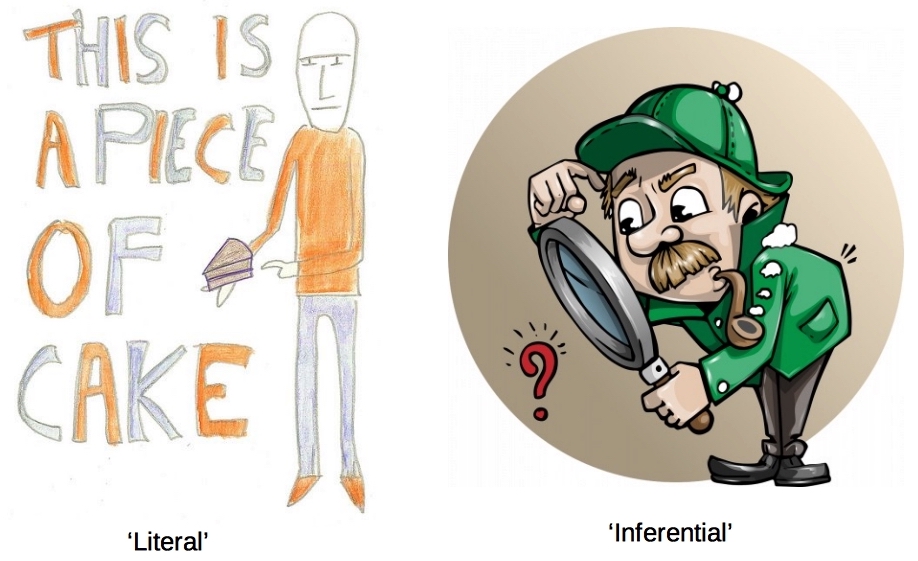- You are here:
- Home »
- Blog »
- Uncategorized »
- Exploring Your Internal Map Of Reality Part 7: Metaprograms Part 5
Exploring Your Internal Map Of Reality Part 7: Metaprograms Part 5
Attention Direction
 This metaprogram describes two ways of placing your attention – towards yourself, or towards others.
This metaprogram describes two ways of placing your attention – towards yourself, or towards others.
This filter goes hand in hand with the affiliation filter. People who are inward directing often have trouble fitting into a group, and vice versa.
Some people may be too focused on the needs or wants of others, at their own expense.
Others are too self directed to be aware of the needs of others and their actions have negative consequences on others.
The ideal position is a healthy balance between the two.
Information Processing Style (Filter)
 There are 2 types of Information Processing.
There are 2 types of Information Processing.
An internal style of processing is one where someone will think out the solution to a problem by themselves without consulting others.
Conversely an external style of processing will be found in people who are always checking with others to solve a problem and who have difficulty relying on their own internal resources.
This filter is related to the Introvert/Extrovert personality type from Myers-Briggs. Introverts will usually have an ‘internal’ style of processing, whereas Extroverts will have an external style.
Also, this is related to the internal or external frame of reference filter. People with an external frame of reference will most likely be processing the information externally, and vice versa with the internal style.
As usual, the ideal situation is to have a balance between the two styles.
Listening Style
 This filter describes the way we interpret what we hear, particularly with reference to what others are saying to us.
This filter describes the way we interpret what we hear, particularly with reference to what others are saying to us.
Take, for example, the situation where someone tells you ‘I’m hungry’. What would you think or do in response to this?
Some people would offer them some food.
Others would probably not say anything.
The first response is an ‘inferential‘ style of listening. This response makes the inference that by saying they are hungry, they want someone to offer them some food. The other person has to ‘infer’ this without being told so directly.
The second response is a ‘literal‘ response, in that they understood that the other was hungry but did not make any inference that they wanted them to offer them some food. To them it is just information not to be acted upon.
Again these responses can be allied to the internal or external processing style and are also related to the introvert/extrovert personality type.

Speaking Style
 The final metaprogram (filter) is the speaking style filter. As with the listening style metaprogram, the two styles are inferential speaker and literal speaker.
The final metaprogram (filter) is the speaking style filter. As with the listening style metaprogram, the two styles are inferential speaker and literal speaker.
An inferential speaker will speak in terms that require the listener to make inferences about what is being said.
Similarly a literal speaker will spell everything out in the minutest detail, leaving nothing open to interpretation.
Again, there are pro’s and con’s to both styles. An inferential speaker may not be able to adequately communicate their needs to others, and thus not be able to get what they want.
A literal speaker may bore an inferential listener with details.
Click Here to read Metaprograms Part 6 – “Putting it all together.”
